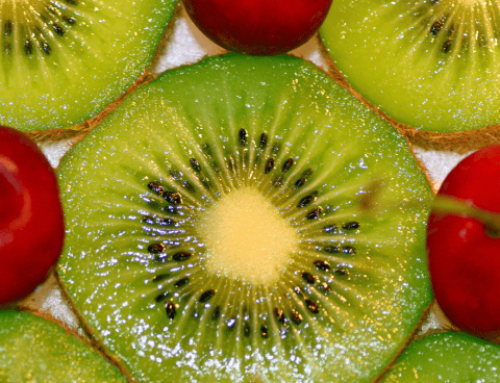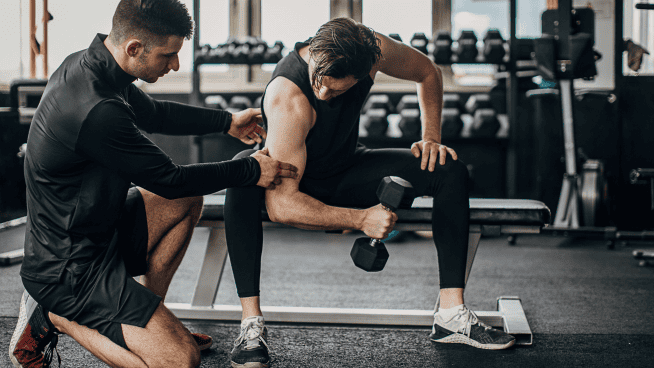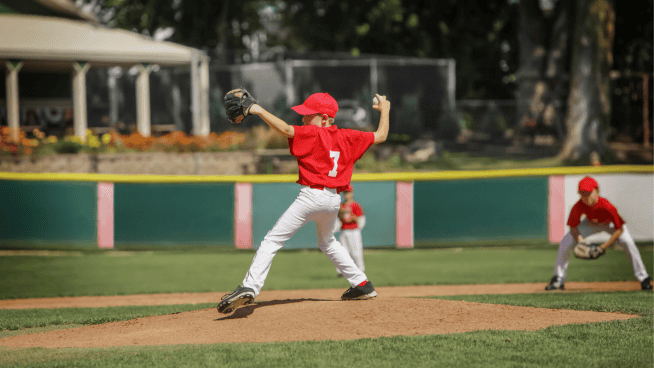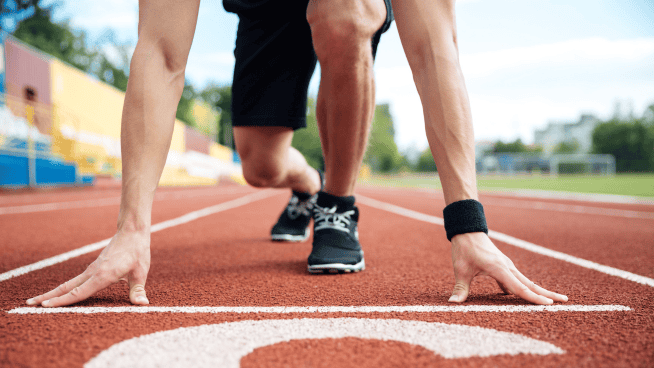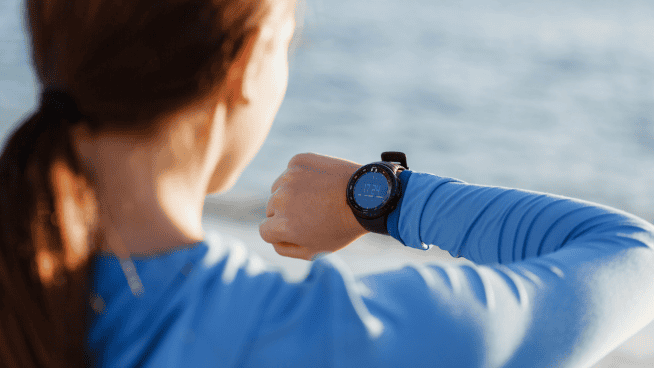Are Energy Drinks Risky For Athletes?
Athletes have interesting relationships with energy drinks. Who doesn’t love caffeine? It’s one of the most easily accessible stimulants, and industry regulations are few and far between.
Energy drinks are probably the most popular caffeine products among athletes. The global energy drink market continues to grow. In 2013, the market was worth $39 billion, and it is expected to reach $61 billion by 2021. Thirty-one percent of children aged 12 to 17 years regularly consume energy drinks, and the number rises to 34% among 18- to 24-year-olds.
In the world of sports competition, energy drinks have become a hot-button issue. The drinks are advertised to athletes as a way to improve performance, but do they really live up to the hype?
What are the effects of energy drinks on performance?
Energy Drinks: Caffeine, Stimulant Drinks, or Both?
At least 66% of Americans drink at least one cup of coffee per day. Ha! Amateurs. The average number of cups consumed per day is nearly 3 cups, which totals just under 70 gallons of coffee per year. The average amount of caffeine in a cup of coffee is 100 mg, but at least people know that when they drink coffee, they are getting caffeine. That is not as clear with energy drinks, which is especially concerning when you consider that 40 to 70% of athletes consume them.
Energy drinks combine caffeine with other ingredients to boost energy. The typical energy drink—about 12 ounces—contains between 72 and 150 mg of caffeine. Larger cans can have up to 250 mg, and energy shots can contain as much as 260 mg. But energy drinks are also loaded with other ingredients, some of which do not mix well with medications, and some of which are on banned substance lists in many sports. Do you know which ingredients your energy drinks contain? Common ingredients in energy drinks include:
- Vitamin B12
- Tyrosine
- Phenylalanine
- Synephrine
- Guarana
- Methylhexaneamine
- Yohimbe
- Ma huang
- Oxilofrine
- Octopamine
- Taurine
- Phenpromethylamine
- Ginseng
- Glucuronolactone
Effects of Energy Drinks: Do Energy Drinks Help Athletes Focus?
The truth is, yes and no. Studies show that caffeine can improve memory and focus, but added ingredients, such as guarana, can actually increase the caffeine content in an energy drink.
Dr. Del Coso Garrigό has performed extensive research on energy drinks, studying their impact on sports performance. His study revealed that 3 mg of caffeine can improve physical performance in sports such as swimming. Additional studies have shown that caffeine can improve mental focus, alertness, and even your mood, but it is not without its downsides. Side effects of energy drinks and caffeine include:
- Increased heart rate
- Insomnia and other sleep disturbances
- Dehydration
- Stomach irritation
- Irritability and anxiety
- Restlessness
- Higher risk for osteoporosis
- Irregular heartbeats
The American College of Toxicology reports a few more concerns for those who consume energy drinks:
- Increased tooth decay among those who consume high levels of glucose, which is found in sports drinks, energy drinks, and sodas.
- Dehydration during physical activity, which can lead to fainting, dizziness, heat stroke, and injury.
- High consumption is associated with high risk behaviors.
- Large amounts of caffeine frequently result in energy crashes.
Kids and Caffeine
It’s not uncommon to see a young athlete with an energy drink, soda, iced coffee, or latte in hand. At what age is caffeine safe for kids and young athletes? Although caffeine can increase short-term attention and energy, parents and coaches should delay exposing children to it. Instead of caffeine, they should suggest safer, alternative forms of hydration and energy.
Caffeine is hidden in many items kids ingest daily, which means the amount of coffee entering a child’s body is more than what is listed on the bottle, can or cup of an energy drink or iced coffee. According to KidsHealth, caffeine is found in:
- Iced tea
- Cocoa beverages and treats
- Dark and milk chocolate
- Cold medicine
- Allergy medicine
- Chocolate milk
- Protein bars
- Ice cream
- Frozen yogurt
- Candy bars
- Hot chocolate
- Non-cola sodas
- Pain relievers
- Energy water
Caffeine drinks contain empty calories, and they are often loaded with sugar, which can lead to heart problems. Remember: Caffeine is a drug! When they consume coffee, children can experience the same symptoms as adults, and it doesn’t take much caffeine to elicit such reactions. Kids should not consume caffeine until they are fully mature. They must also be in good physical and mental health. Always discuss caffeine consumption with your child’s pediatrician.
What’s the Verdict?
There is not enough evidence to comment on the long-term effects of consuming energy drinks. For now, evidence shows that in moderate doses, caffeine can improve focus and attention. If you decide to consume energy drinks , keep these things in mind.
- Energy drinks must never be combined with alcohol.
- If you have a medical condition or are on medications, consult your physician before consuming energy drinks.
- If you experience any unusual symptoms after you consume an energy drink, talk to your doctor or seek medical advice.
- Encourage athletes to choose water over sugary, high-caffeine drinks.
- Educate yourself about stimulants.
- Read the label to see if any of the ingredients are banned.
The biggest takeaway: Energy drinks are not just caffeine. They contain many other ingredients, some of which you are unfamiliar with and unaware of. The added ingredients may be the biggest concern. One cup of coffee might be enough to satisfy your energy needs.
RECOMMENDED FOR YOU
MOST POPULAR
Are Energy Drinks Risky For Athletes?
Athletes have interesting relationships with energy drinks. Who doesn’t love caffeine? It’s one of the most easily accessible stimulants, and industry regulations are few and far between.
Energy drinks are probably the most popular caffeine products among athletes. The global energy drink market continues to grow. In 2013, the market was worth $39 billion, and it is expected to reach $61 billion by 2021. Thirty-one percent of children aged 12 to 17 years regularly consume energy drinks, and the number rises to 34% among 18- to 24-year-olds.
In the world of sports competition, energy drinks have become a hot-button issue. The drinks are advertised to athletes as a way to improve performance, but do they really live up to the hype?
What are the effects of energy drinks on performance?
Energy Drinks: Caffeine, Stimulant Drinks, or Both?
At least 66% of Americans drink at least one cup of coffee per day. Ha! Amateurs. The average number of cups consumed per day is nearly 3 cups, which totals just under 70 gallons of coffee per year. The average amount of caffeine in a cup of coffee is 100 mg, but at least people know that when they drink coffee, they are getting caffeine. That is not as clear with energy drinks, which is especially concerning when you consider that 40 to 70% of athletes consume them.
Energy drinks combine caffeine with other ingredients to boost energy. The typical energy drink—about 12 ounces—contains between 72 and 150 mg of caffeine. Larger cans can have up to 250 mg, and energy shots can contain as much as 260 mg. But energy drinks are also loaded with other ingredients, some of which do not mix well with medications, and some of which are on banned substance lists in many sports. Do you know which ingredients your energy drinks contain? Common ingredients in energy drinks include:
- Vitamin B12
- Tyrosine
- Phenylalanine
- Synephrine
- Guarana
- Methylhexaneamine
- Yohimbe
- Ma huang
- Oxilofrine
- Octopamine
- Taurine
- Phenpromethylamine
- Ginseng
- Glucuronolactone
Effects of Energy Drinks: Do Energy Drinks Help Athletes Focus?
The truth is, yes and no. Studies show that caffeine can improve memory and focus, but added ingredients, such as guarana, can actually increase the caffeine content in an energy drink.
Dr. Del Coso Garrigό has performed extensive research on energy drinks, studying their impact on sports performance. His study revealed that 3 mg of caffeine can improve physical performance in sports such as swimming. Additional studies have shown that caffeine can improve mental focus, alertness, and even your mood, but it is not without its downsides. Side effects of energy drinks and caffeine include:
- Increased heart rate
- Insomnia and other sleep disturbances
- Dehydration
- Stomach irritation
- Irritability and anxiety
- Restlessness
- Higher risk for osteoporosis
- Irregular heartbeats
The American College of Toxicology reports a few more concerns for those who consume energy drinks:
- Increased tooth decay among those who consume high levels of glucose, which is found in sports drinks, energy drinks, and sodas.
- Dehydration during physical activity, which can lead to fainting, dizziness, heat stroke, and injury.
- High consumption is associated with high risk behaviors.
- Large amounts of caffeine frequently result in energy crashes.
Kids and Caffeine
It’s not uncommon to see a young athlete with an energy drink, soda, iced coffee, or latte in hand. At what age is caffeine safe for kids and young athletes? Although caffeine can increase short-term attention and energy, parents and coaches should delay exposing children to it. Instead of caffeine, they should suggest safer, alternative forms of hydration and energy.
Caffeine is hidden in many items kids ingest daily, which means the amount of coffee entering a child’s body is more than what is listed on the bottle, can or cup of an energy drink or iced coffee. According to KidsHealth, caffeine is found in:
- Iced tea
- Cocoa beverages and treats
- Dark and milk chocolate
- Cold medicine
- Allergy medicine
- Chocolate milk
- Protein bars
- Ice cream
- Frozen yogurt
- Candy bars
- Hot chocolate
- Non-cola sodas
- Pain relievers
- Energy water
Caffeine drinks contain empty calories, and they are often loaded with sugar, which can lead to heart problems. Remember: Caffeine is a drug! When they consume coffee, children can experience the same symptoms as adults, and it doesn’t take much caffeine to elicit such reactions. Kids should not consume caffeine until they are fully mature. They must also be in good physical and mental health. Always discuss caffeine consumption with your child’s pediatrician.
What’s the Verdict?
There is not enough evidence to comment on the long-term effects of consuming energy drinks. For now, evidence shows that in moderate doses, caffeine can improve focus and attention. If you decide to consume energy drinks , keep these things in mind.
- Energy drinks must never be combined with alcohol.
- If you have a medical condition or are on medications, consult your physician before consuming energy drinks.
- If you experience any unusual symptoms after you consume an energy drink, talk to your doctor or seek medical advice.
- Encourage athletes to choose water over sugary, high-caffeine drinks.
- Educate yourself about stimulants.
- Read the label to see if any of the ingredients are banned.
The biggest takeaway: Energy drinks are not just caffeine. They contain many other ingredients, some of which you are unfamiliar with and unaware of. The added ingredients may be the biggest concern. One cup of coffee might be enough to satisfy your energy needs.



